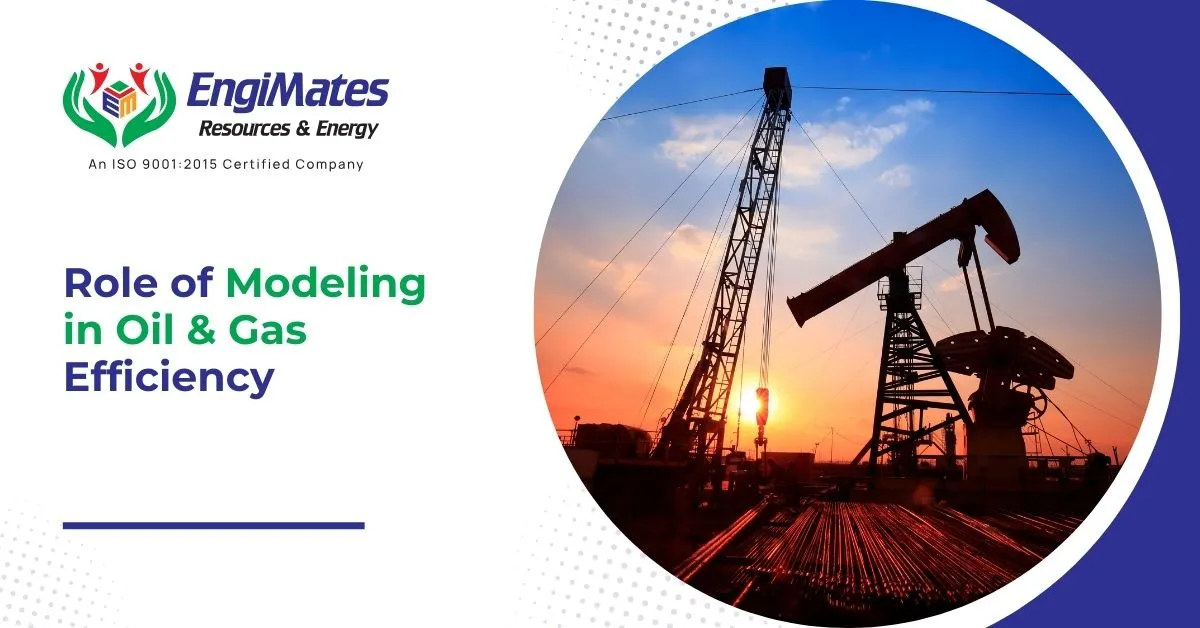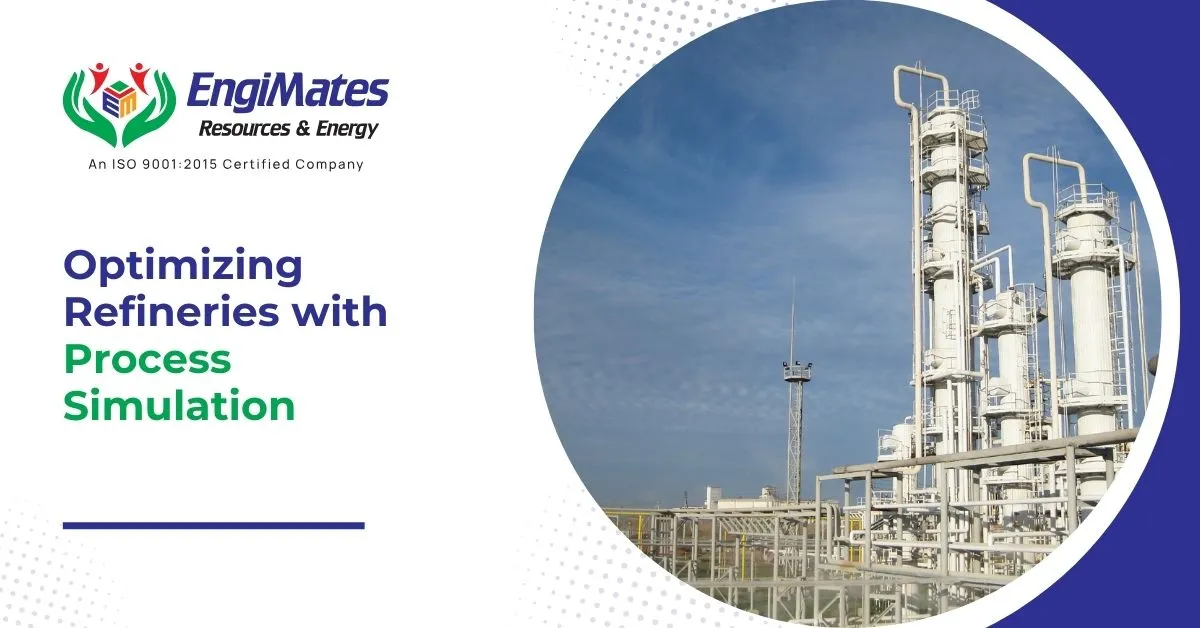Energy consumption is one of the largest operating costs in oil and gas refineries. Rising…

In the fast-paced world of industrial design, ensuring the safety and reliability of systems is paramount. Process safety studies are crucial for identifying potential risks, safeguarding assets, and protecting both personnel and the environment. These studies are especially essential in industries like oil and gas, chemicals, and manufacturing, where even the smallest mistake can result in catastrophic outcomes.
What Are Process Safety Studies?
Process safety studies are systematic analyses conducted during the design, operation, and modification of industrial facilities to identify and mitigate risks that could result in hazards, accidents, or damage. These studies involve the use of specialized methodologies to assess the safety of complex processes, including risk assessments, hazard analysis, and safety system evaluations.
Key Types of Process Safety Studies
- HAZOP (Hazard and Operability Study)
A HAZOP is a structured and systematic approach to identifying potential hazards and operability issues within a process. By examining deviations from design intentions, the team can spot risks in processes, equipment, or systems before they lead to disasters. The goal is to prevent accidents such as fires, explosions, or chemical spills by proactively addressing concerns in the design phase. - QRA (Quantitative Risk Assessment)
QRA helps to evaluate the risk level of an industrial process quantitatively. It assesses the likelihood and potential consequences of specific hazards, allowing companies to make data-driven decisions on safety measures. A QRA is essential for calculating the safety levels of complex systems like chemical plants, ensuring that operations remain within safe parameters. - HAZID (Hazard Identification)
HAZID is a brainstorming technique used to identify potential hazards at the early stages of a project. It helps to pinpoint hazards that could impact the plant’s operation, personnel, or the environment. Through this process, mitigation strategies can be implemented early, reducing the overall risk. - FSA (Functional Safety Assessment)
An FSA is used to verify that safety instrumented systems are designed, installed, and functioning properly to protect people, the environment, and assets. This study is crucial for ensuring that safety systems are adequate and comply with industry standards.
Why Process Safety Studies Are Crucial
- Risk Mitigation
One of the most critical reasons to perform process safety studies is to identify potential hazards early on. By doing so, engineers and designers can implement effective risk mitigation strategies, including advanced safety systems, backup procedures, and redundant designs that prevent accidents. - Improved Design and Operation
Process safety studies guide the design phase by providing insights into system limitations and vulnerabilities. With these insights, engineers can optimize designs to prevent incidents and improve operational efficiency, reducing downtime and maintenance costs. - Regulatory Compliance
Various regulatory bodies around the world, including OSHA (Occupational Safety and Health Administration) and EPA (Environmental Protection Agency), require companies to comply with strict safety standards. Conducting thorough process safety studies helps companies stay compliant with these regulations and avoid legal liabilities. - Protecting People and the Environment
Ensuring the safety of workers, local communities, and the environment is of paramount importance. By identifying potential hazards and taking preventive actions, process safety studies can minimize accidents that may harm personnel, the community, or the environment. - Cost Reduction
The cost of preventing an accident is far less than the cost of dealing with its aftermath. By implementing process safety studies, businesses can avoid expensive shutdowns, legal fees, fines, and potential reputational damage. Additionally, proactive safety measures can lead to reduced insurance premiums, contributing to long-term financial savings.
How Process Safety Studies Enhance Industrial Design
Process safety studies have a profound impact on industrial design, shaping it for efficiency, safety, and sustainability. These studies help identify not only the immediate hazards but also long-term challenges that could arise as systems age or as technologies evolve. Furthermore, integrating safety into the design process reduces the likelihood of design flaws that could lead to accidents down the line.
By working hand-in-hand with process simulation, modelling, and dynamic simulations, safety professionals can create optimized solutions that cater to both functional and safety aspects. This holistic approach ensures the development of safer, more reliable industrial systems.
Frequently Asked Questions
Why is process safety important in process industries?
Process safety is crucial in process industries to prevent accidents, protect workers, ensure environmental safety, and comply with regulatory standards, ultimately minimizing risks and improving operational efficiency.
What are process safety studies?
Process safety studies involve comprehensive assessments and analyses to identify and mitigate hazards, ensuring the safe design, operation, and maintenance of industrial processes.
What are the six pillars of process safety?
The six pillars of process safety are commitment to process safety, process knowledge management, hazard identification and risk analysis, operational procedures, safe work practices, and continuous improvement in safety performance.
Conclusion
The importance of process safety studies in industrial design cannot be overstated. By proactively identifying risks, companies can enhance operational efficiency, comply with regulations, protect their workforce and the environment, and minimize financial losses. In industries where the consequences of safety failures can be catastrophic, these studies are essential tools for creating safe, reliable, and sustainable operations. Therefore, businesses should invest in process safety studies to ensure that every aspect of their industrial facilities is designed with safety in mind.




